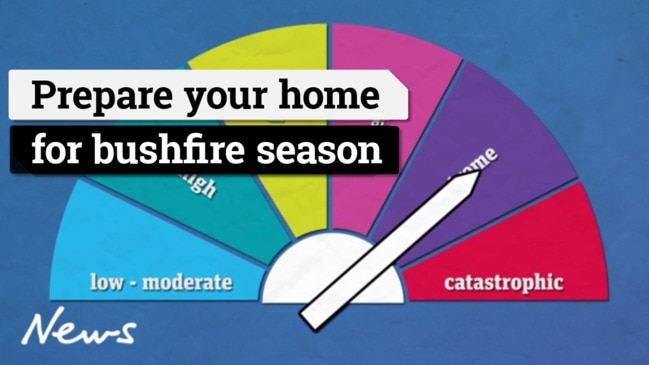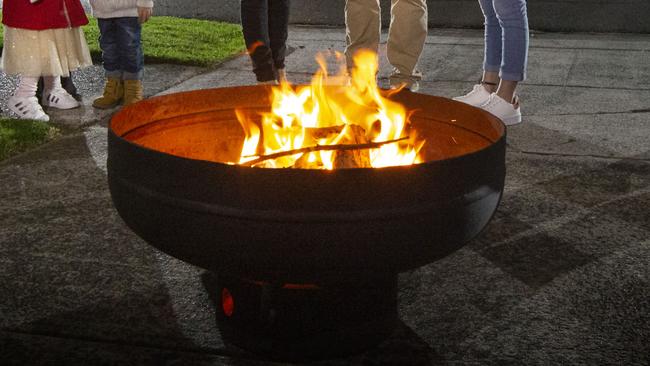Explained: Rules for lighting a fire in your backyard on Gold Coast
As winter sets in backyard fire pits have become a hot topic. In Brisbane debate has been raging – but what are the rules on the Gold Coast? Here’s what you need to know.

Gold Coast
Don't miss out on the headlines from Gold Coast. Followed categories will be added to My News.
AS WINTER sets in backyard fire pits have become a hot topic.
In Brisbane debate has been raging with the now council relaxing its position, after residents petitioned for fire pits to be allowed.
On the Gold Coast there’s no specific law banning backyard fire pits which means, yes, you are allowed to have a fire pit in your yard.
But there is a list of rules you must stick to – and don’t upset your neighbours is top of that list.
To lawfully light a fire you must comply with Local Law No. 8 – which states your fire can’t be a nuisance – and State Government laws regarding smoke emissions under the Queensland Environmental Protection Act.

MORE NEWS
Coast suburbs hardest hit by COVID-19 shutdown revealed
Retailers at Coast shopping centre fed up with ‘undesirables’
Why TSS are cheering GPS rugby delay
Gold Coast City Council data shows complaints aren’t particularly frequent.
In the 18 months between January 1, 2018 and June 20, 2019 the council received 59 “customer requests” – or complaints – about backyard fires, burning waste and cooking devices.
Complaints about backyard fires or smoke were highest in May (12), as the cooler months set in.
The figures were included in a detailed report put to the council in September which identified smoke as the main cause of nuisance arising from backyard fires, and generally discussed the issue. No change was made to council’s approach to regulating fires on private properties.
What happens if someone complains about my fire?
When investigating a smoke complaint, the council will inspect the area and consider factors such as the volume of smoke coming from the fire, and its potential impacts on people and the surrounding environment.
Should a resident be found to be breaking relevant laws, council officers can issue a directions notice, a penalty infringement notice and where appropriate prosecute the offender.
Fines for non-compliance for an individual can be more than $2000, corporations could be fined more than $10,000.


